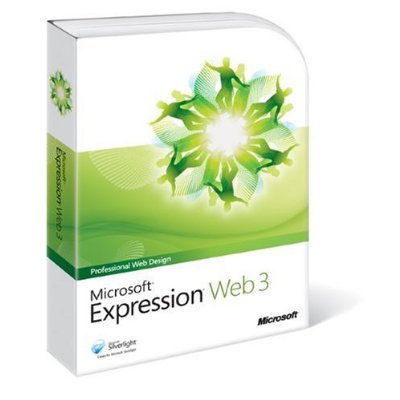But, you may see somewhere that there is a function called rawurlencode, what is that ? Is it a different encoding convention ? The answer is yes and not.
Well, urlencode and rawurlencode are very similar, they do the same encoding except for one character, the Space character !
rawurlencode encodes the space character as %20, while urlencode encodes it as +, here are few use-difference between both, as much as I understand:
1-Path vs Query vars
In the url path, you should encode spaces as %20 and not +, for example if your folder is called "folder one"
this url will work http://www.exemple.com/folder%20one/index.php , and this will not : http://www.exemple.com/folder+one/index.php because in this last the server will search for a folder called folder+one instead of folder one .
But in the GET variables you should prefer the + character to simulate the space, this is what Google is doing ! But whether you use + or %20 in those url variables, ie you use urlencode or rawurlencode, they should both work.
2-PHP vs JavaScript:
Javascript uses the same convention as rawurlencode, so if you want to encode an url with php but you will decode it in javascript, you should use rawurlencode, and here is the reason:
Lets say you encoded "test 1" within php, if you need to "decode" it in JavaScript using decodeURI() function then decodeURI("test+1") will give you "test+1" while decodeURI("test%201") will give you "test 1" as result.
Summary:
The rawurlencode function is the last one, and it should work perfectly in modern systems with less problem. So this is the encoding function to use most of the time ! While urlencode is kept for legacy compatibility, as well as compatibility with Javascript.





